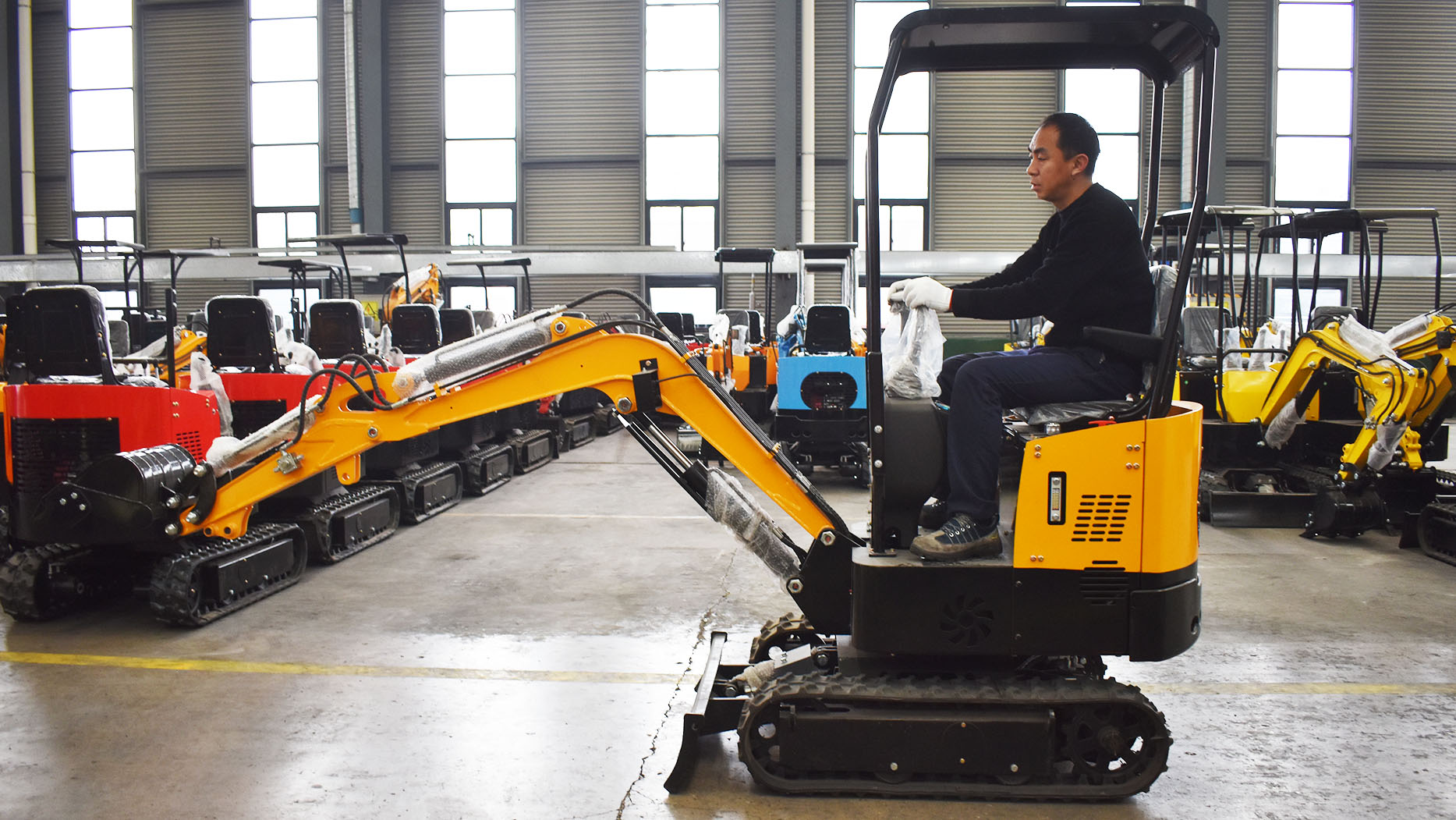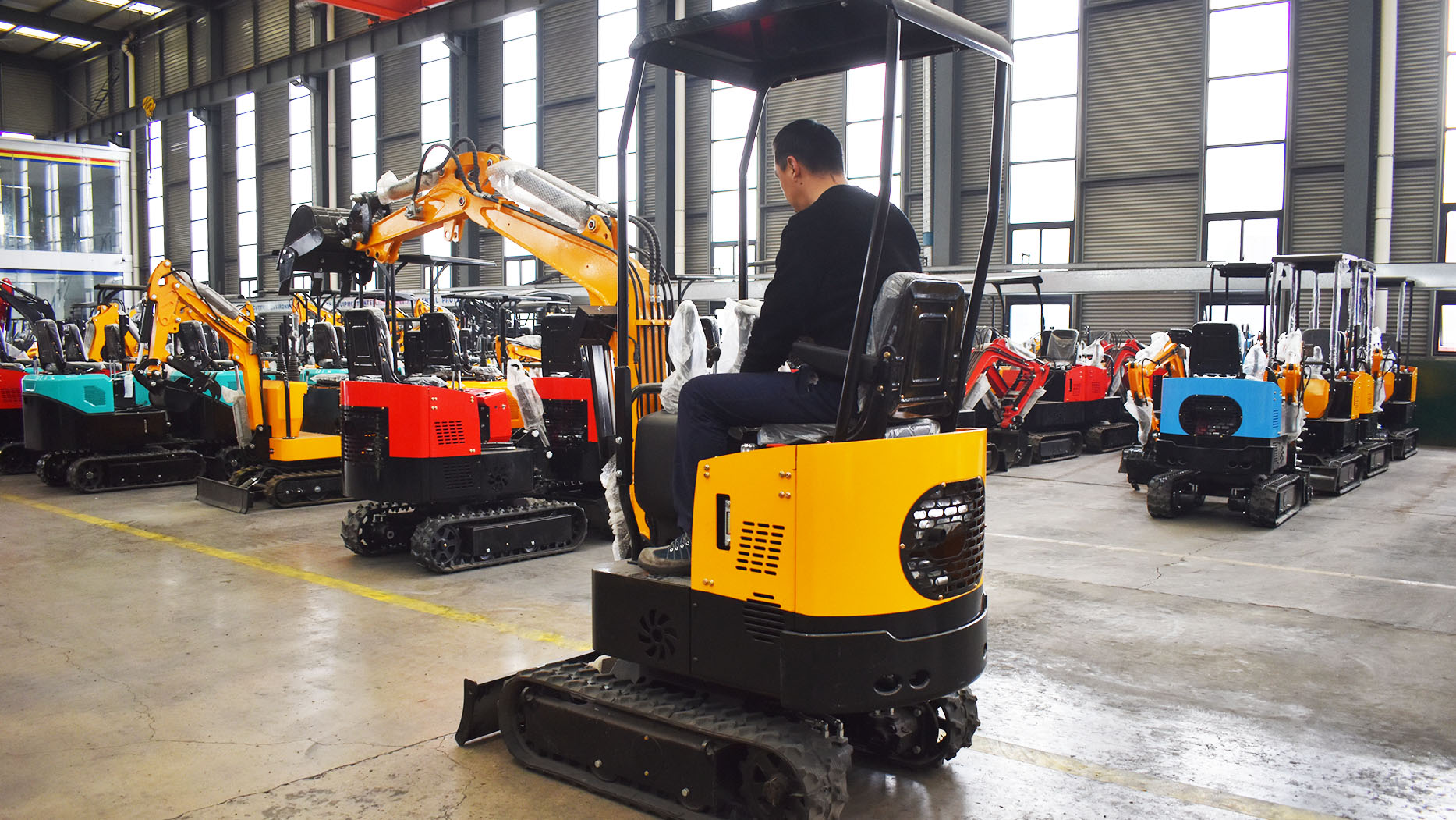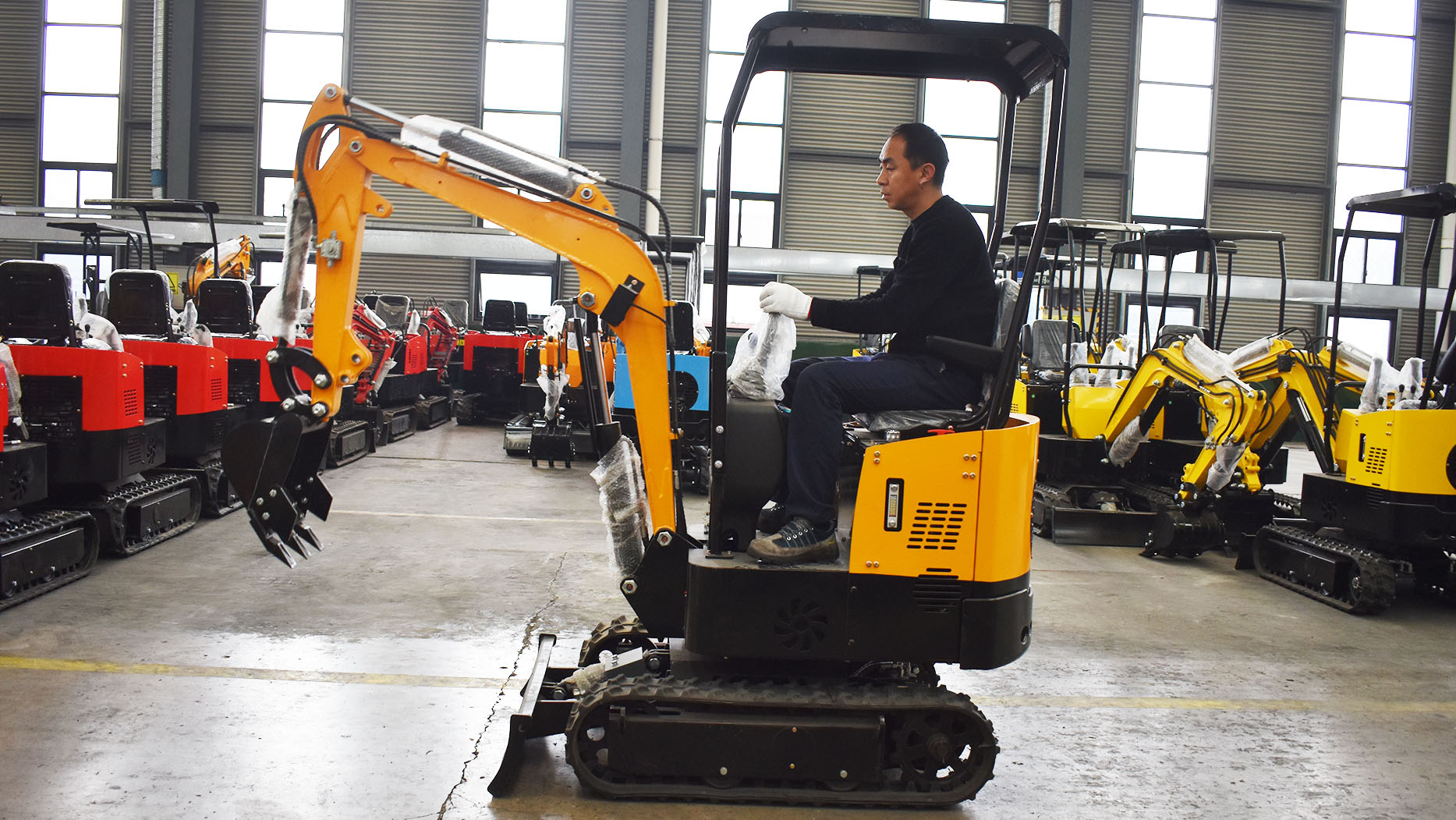Buying vs. Renting a Mini Excavator: A Comprehensive Cost-Benefit Analysis
Mini excavators, with their compact size and versatile capabilities, are indispensable tools for a variety of projects, from landscaping and construction to utility work and demolition. However, a significant decision arises when acquiring one: should you buy or rent? This article delves into the pros and cons of each option, providing a comprehensive cost-benefit analysis to help you make an informed choice.
Understanding the Needs and Applications
Before analyzing the financial and practical aspects, it's crucial to define your needs and the intended applications of the mini excavator.
Frequency of Use: How often will you need the machine? Daily, weekly, monthly, or sporadically?
Project Duration: Are you working on a short-term project or ongoing operations?
Specific Tasks: What type of work will the excavator perform? Digging, trenching, grading, demolition, or material handling?
Attachment Requirements: Will you need specialized attachments like augers, breakers, or grapples?
Transportation and Storage: Do you have the means to transport and store the machine?
Maintenance and Repair: Are you equipped to handle routine maintenance and repairs?
Renting a Mini Excavator: Advantages
Renting offers several advantages, especially for short-term or infrequent use.
Lower Upfront Costs: Renting eliminates the substantial initial investment required to purchase a mini excavator. This reduces the financial burden, particularly for small businesses or individuals with limited capital.
No Maintenance or Repair Costs: Rental companies are responsible for maintaining and repairing the machines. This eliminates the costs associated with parts, labor, and downtime.
Access to Newer Models: Rental fleets typically consist of newer models with updated features and technology. This allows you to use the latest equipment without the depreciation associated with ownership.
Flexibility and Variety: Renting allows you to choose the specific size and type of mini excavator that best suits your project requirements. You can also rent specialized attachments as needed.
No Storage Concerns: Renting eliminates the need for storage space, saving you the costs and logistical challenges of storing a large piece of equipment.
No Transportation Hassles: Many rental companies offer delivery and pickup services, eliminating the need for you to transport the machine.
Reduced Risk: If your project requirements change or the machine is no longer needed, you can simply return it, minimizing financial risk.
 https://www.vavexcavator.com/MY10B-mini-Excavator-p.html
https://www.vavexcavator.com/MY10B-mini-Excavator-p.html
Renting a Mini Excavator: Disadvantages
However, renting also has its drawbacks.
Higher Long-Term Costs: For frequent or long-term use, renting can become more expensive than buying. Rental fees accumulate over time, potentially exceeding the purchase price of a machine.
Limited Availability: During peak seasons or for specific models, availability may be limited. You may need to book in advance or settle for a less suitable machine.
Rental Restrictions: Rental agreements may include restrictions on usage, such as operating hours or allowed applications.
Potential for Damage Charges: You may be liable for damage to the machine during the rental period, even if it's not your fault.
No Equity: Renting does not build equity. You're essentially paying for the temporary use of the machine without any ownership stake.
Buying a Mini Excavator: Advantages
Buying a mini excavator offers several long-term benefits.
Long-Term Cost Savings: For frequent or long-term use, buying can be more cost-effective than renting. You avoid recurring rental fees and build equity in the machine.
Availability and Control: You have immediate access to the machine whenever needed, without worrying about availability or rental restrictions.
Customization and Modifications: You can customize the machine with your preferred attachments and modifications to suit your specific needs.
Depreciation as a Tax Deduction: In some jurisdictions, you may be able to deduct depreciation on the machine as a business expense.
Resale Value: You can potentially recoup some of the purchase price by selling the machine when you no longer need it.
Building Equity: Owning an asset increases your company’s equity.
Buying a Mini Excavator: Disadvantages
However, buying also comes with significant costs and responsibilities.
High Upfront Costs: The initial investment required to purchase a mini excavator can be substantial.
Maintenance and Repair Costs: You are responsible for all maintenance and repair costs, including parts, labor, and downtime.
Depreciation: Mini excavators depreciate over time, reducing their resale value.
Storage and Transportation Costs: You need to consider the costs and logistical challenges of storing and transporting the machine.
Insurance and Registration: You are responsible for insurance and registration fees.
Obsolescence: Technology advancements may render your machine obsolete over time.
Financial Analysis: Break-Even Point
Determining the break-even point between buying and renting is crucial. This involves calculating the total cost of ownership (TCO) for both options.
Renting Costs: Calculate the total rental fees over a specific period, considering rental rates, duration, and frequency of use.
Buying Costs: Calculate the TCO, including the purchase price, maintenance and repair costs, insurance, storage, transportation, and depreciation.
Break-Even Point: Divide the purchase price by the rental rate to determine the number of rental periods required to equal the purchase price.
Factors to Consider Beyond Financials
Beyond the financial analysis, consider the following factors:
Project Complexity: Complex projects may require specialized attachments or modifications that are more readily available with ownership.
Business Growth: If your business is expanding, owning a mini excavator may be a strategic investment.
Personal Preference: Some individuals prefer the control and flexibility of owning their own equipment.
Financing Options: Explore financing options if you choose to buy, such as loans or leases.
Used vs. New: Consider buying a used mini excavator to reduce upfront costs.
Conclusion
The decision to buy or rent a mini excavator depends on a careful assessment of your needs, financial situation, and long-term goals.
Rent if: You need the machine for short-term projects, infrequent use, or have limited capital.
Buy if: You need the machine for frequent or long-term use, require customization, or want to build equity.
Conducting a thorough cost-benefit analysis and considering all relevant factors will help you make an informed decision that aligns with your specific requirements. In many cases, for businesses that use the machine regularly, buying is the best long term investment.
Post time:Sep-25-2020


